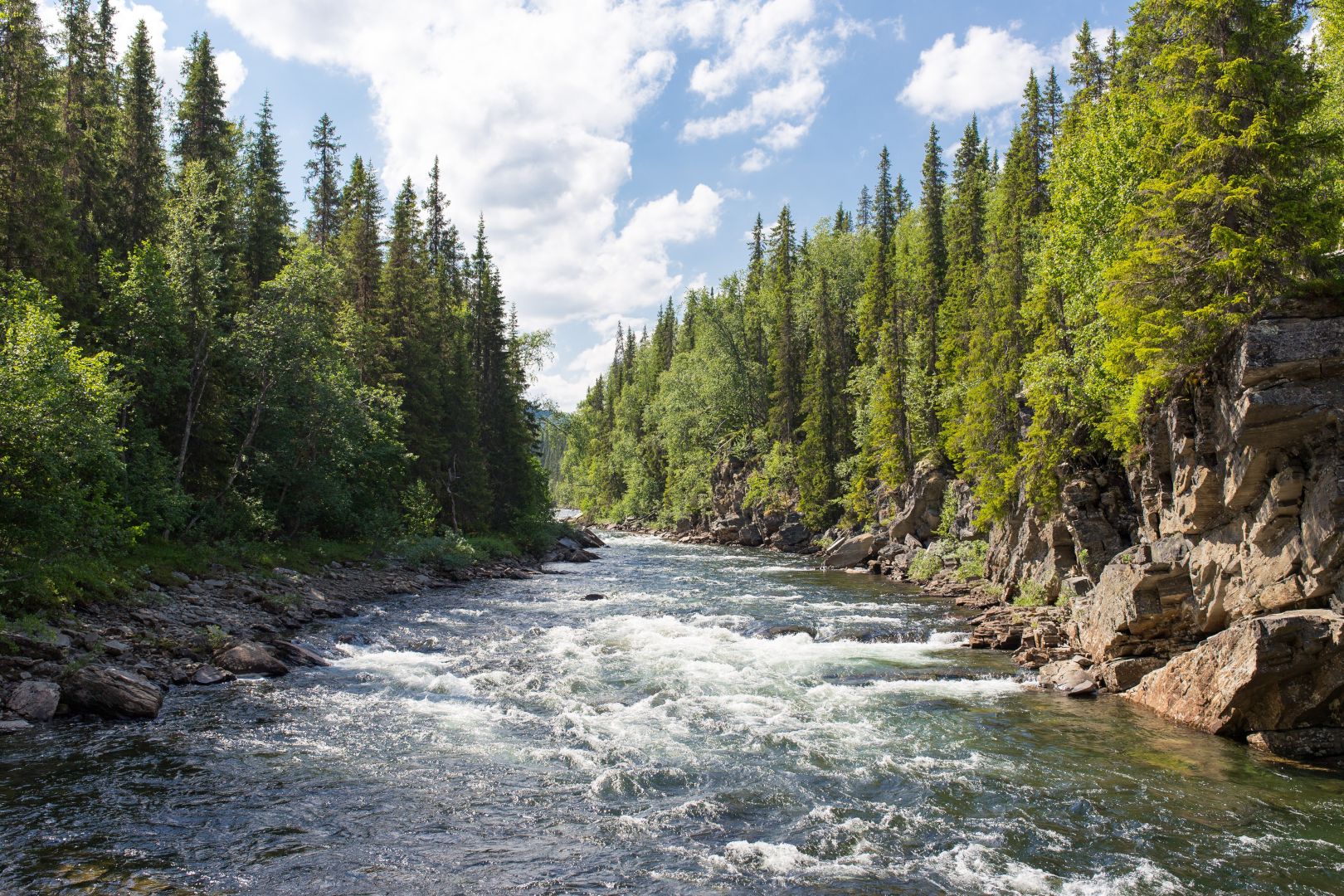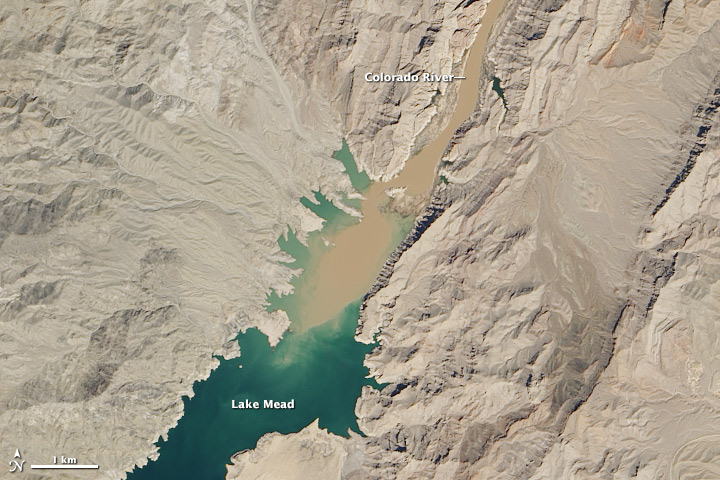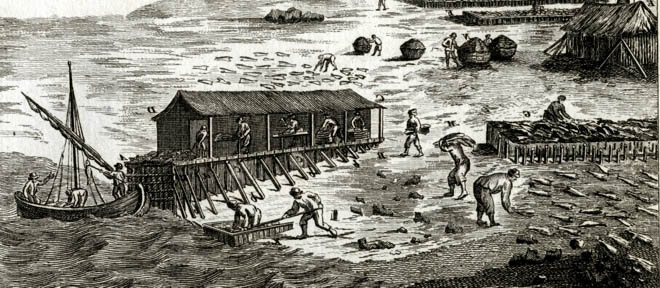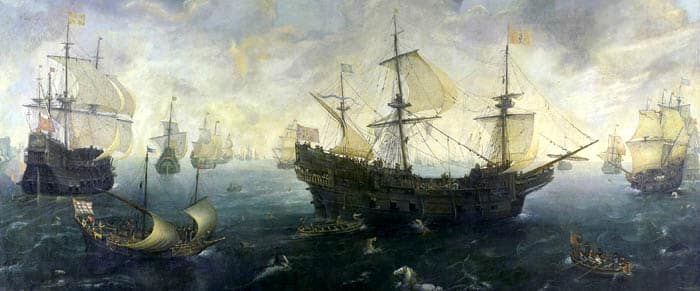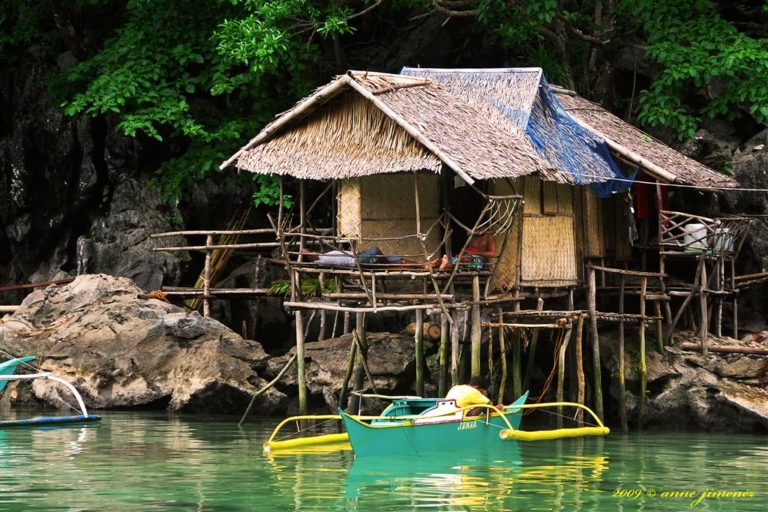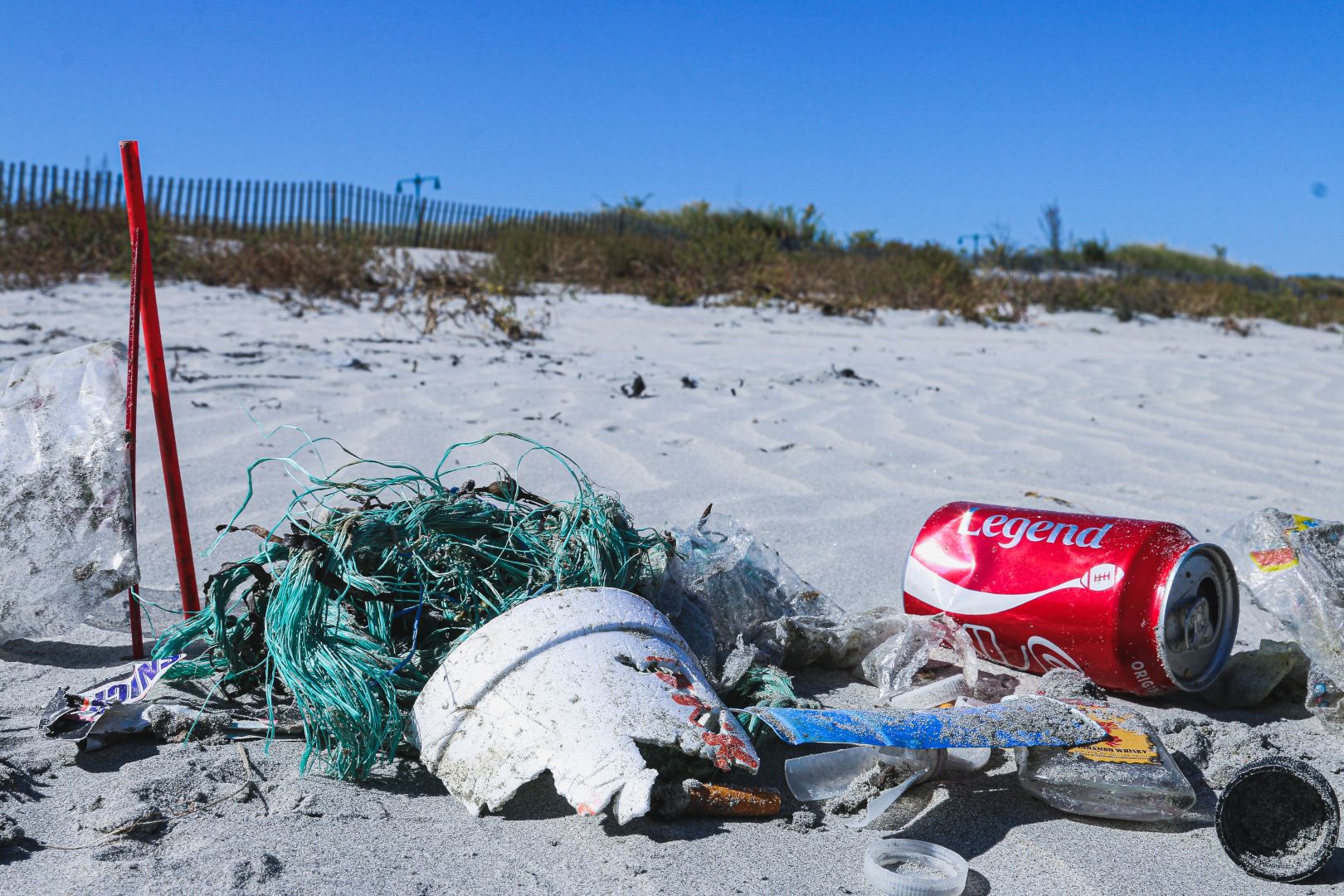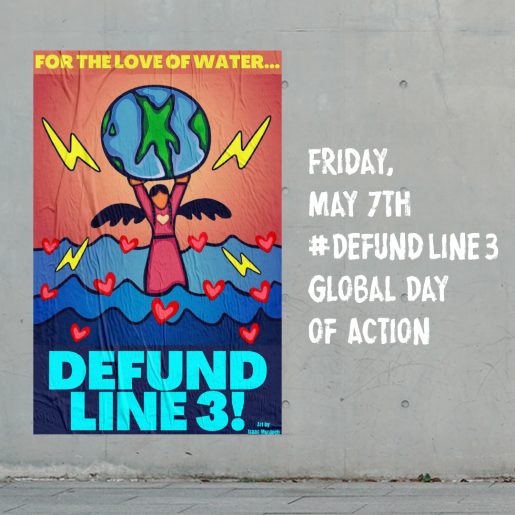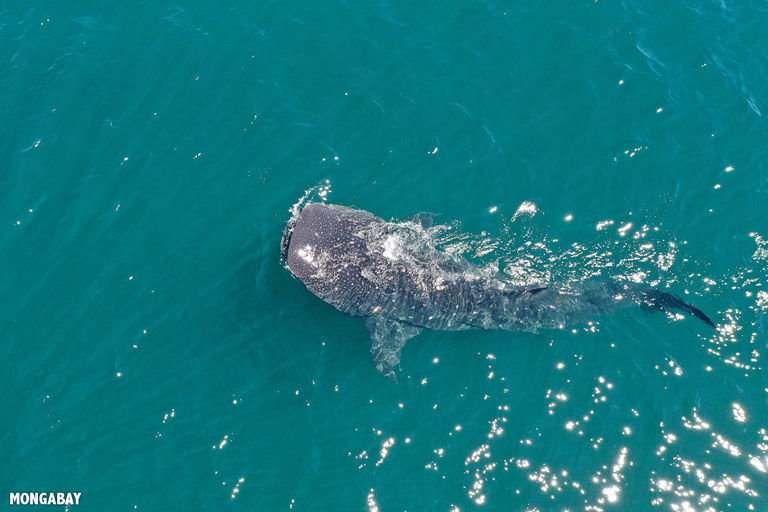
New Australian marine parks protect area twice Great Barrier Reef’s size
The Australian government has moved to create two new marine protected areas that cover an expanse of ocean twice the size of the Great Barrier Reef Marine Park. The two parks will be established around Christmas Island and the Cocos (Keeling) Islands in the Indian Ocean to the northwest of continental Australia. The new parks, which cover to 740,000 square kilometers (286,000 square miles) of ocean, raise the protected share of Australia’s oceans from 37% to 45%. The decision was immediately welcomed by conservation groups. This article originally appeared on Mongabay. Featured image: Whale shark feeding the ocean surface. Image by Rhett A. Butler for Mongabay. ...
